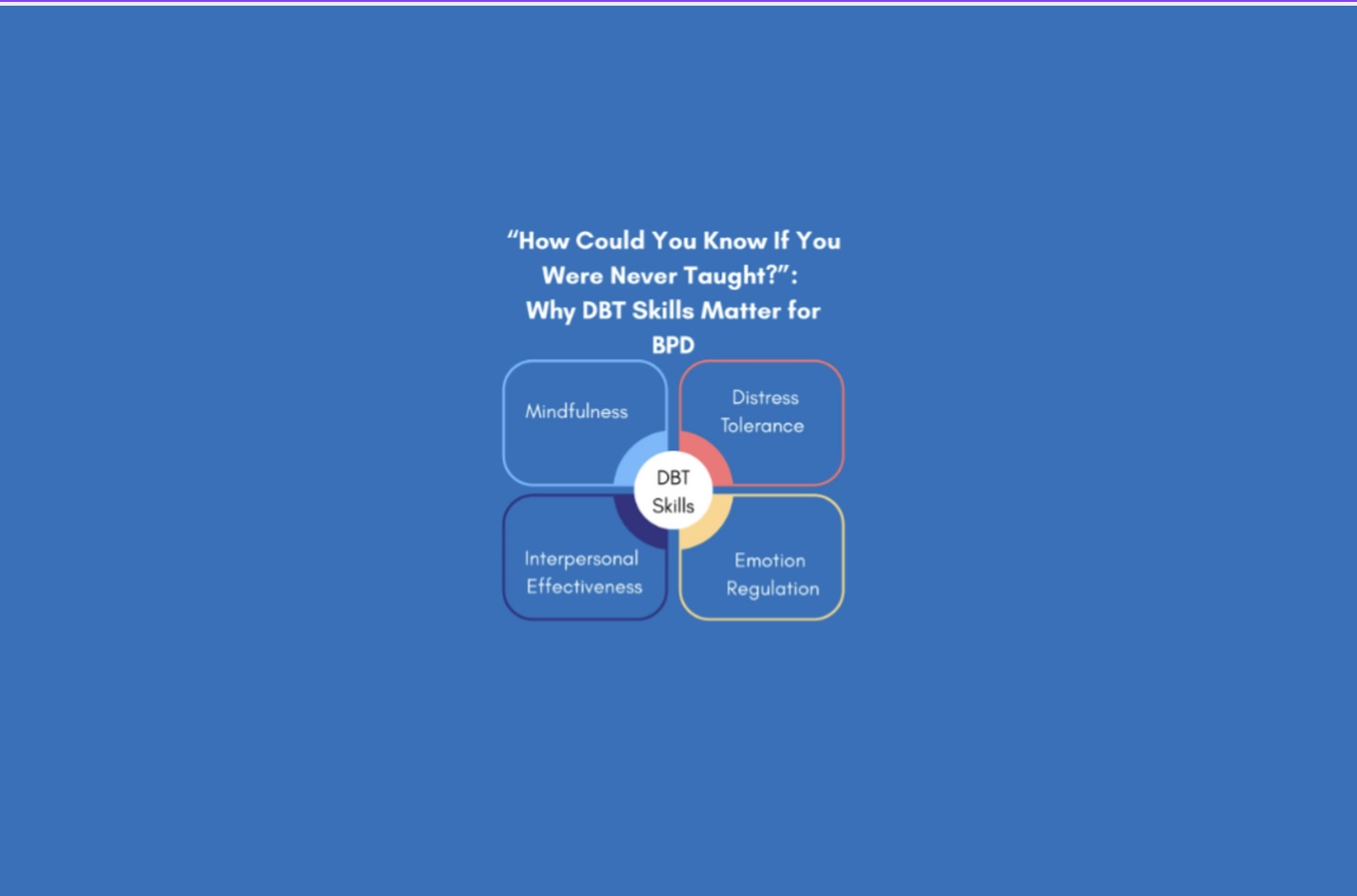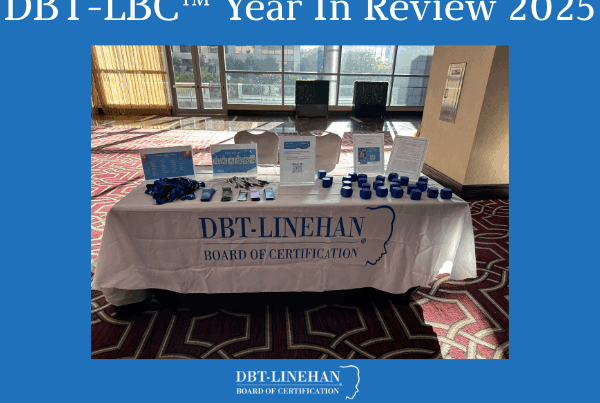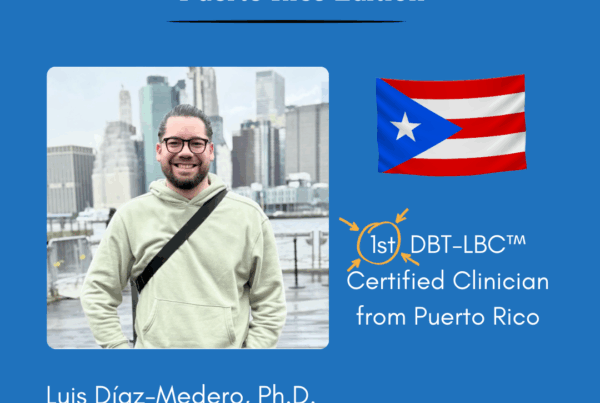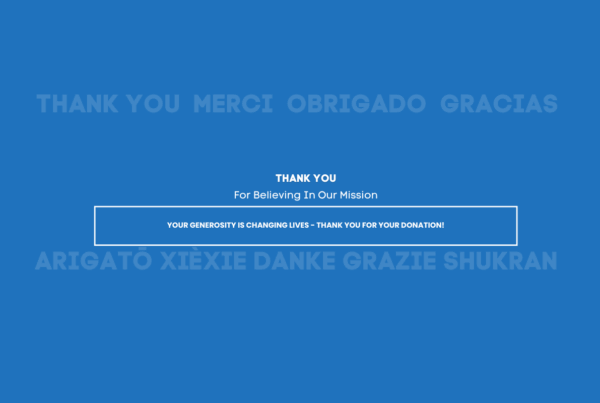Having BPD often feels like you’re stuck in a cycle of overwhelming emotions, chaotic relationships, or behaviors you regret but can’t seem to stop. And most people with BPD have never been taught how to handle all of that intensity. Many feel like nothing will ever change and they are condemned to a life of emotional upheaval, traumatic invalidation, and deep loneliness. Many have sought out numerous treatments with little lasting success.
Insight ≠ Change
Understanding your emotions and behaviors is essential. Your reactions, your coping patterns, your emotional intensity, all of it makes sense in the context of your biology and your learning history. But insight alone isn’t enough. You can know your patterns inside and out and still feel stuck in them. Many clients say: “I know exactly what I’m doing, I just don’t know how to stop.”
That makes perfect sense. Change doesn’t happen because we want it to. It happens when we learn and practice new skills. Just like learning a language or picking up an instrument, building emotional and relationship skills takes time, repetition, and guidance. Learning to regulate emotions, tolerate distress, set boundaries, and stay present won’t come naturally – especially if no one ever modeled it for you.
That’s where DBT skills come in. DBT doesn’t just help you understand the pain. It gives you a map and a toolkit to change that suffering into a meaningful and satisfying life.
Where insight asks, “Why me?” DBT skills ask, “What now?”
So What Are DBT Skills, Exactly?
DBT skills were developed as part of a comprehensive treatment model that includes individual therapy, phone coaching, and skills training. These skills are meant to complement the work done in one-on-one sessions and provide tools that can be used in everyday life, especially when emotions run high. The overarching goal of DBT skills training is: “To learn how to change your own behaviors, emotions, and thoughts that are linked to problems in living and are causing misery and distress.” (Linehan, 2015)
Patterns like emotional reactivity, relationship conflict, fear of rejection, or urges to self-harm are not signs of being broken, they are learned responses. And anything that can be learned can be replaced with healthy responses that are in line with your Life Worth Living. But how can you do that if no one ever taught you how?
This isn’t about “fixing” you. It’s about giving you tools to help navigate what gets in the way of a life that feels worth living. Specifically, DBT skills are designed to:
Decrease:
Increase:
Skills are concrete, learnable tools, meant to be practiced, personalized, and used. And there are a number of them to work with.
There are skills for managing urges, staying grounded, getting through pain without harm, asking for support without shame or guilt, and staying connected to your values and priorities no matter the storm within or around you. It’s not magic, but when you’ve never had a framework or language for what’s going on inside you, and how to navigate it all, it can feel like magic. And your DBT team is there to teach, coach, and cheer you on along the way.
Final Thoughts
If your mind races, your heart aches, and you’ve ever asked, “Why am I like this?” this is your reminder:
- You’re not broken.
- You’re not missing something essential.
- Your life is not hopeless.
- You’re missing skills you were never taught.
And that’s not your fault AND it also doesn’t have to stay that way.





